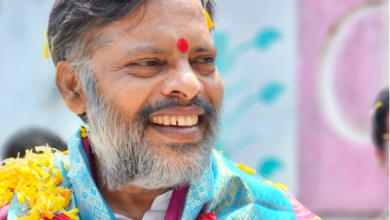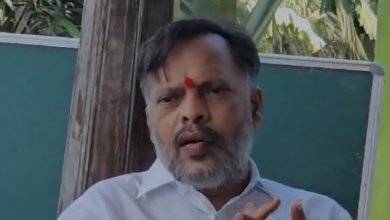Assange walks free, but at what cost?
By : Doruvupaul Jagan Babu: Bureau Chief-South

WikiLeaks founder Julian Assange, sentenced to fourteen years in prison, is finally a free man. There is probably no other journalist who has suffered so long for exposing government fraud and corruption. He endured immense persecution and agony for revealing government manipulations with evidence.

It iis tragic that he gains freedom only after confessing to a crime he did not commit. Critics naturally condemn this situation. Assange had no choice but to admit to a crime to gain his freedom.
Assange’s release comes after a reported confession to charges stemming from his work with WikiLeaks. This confession, at the age of 52, raises concerns about the potential impact on investigative journalism. Assange’s supporters contend his actions were a fulfillment of journalistic duty, while his critics maintain they crossed a legal line.
Assange faced charges related to his work at WikiLeaks, which some authorities classified as espionage. He was detained for a significant period, including solitary confinement, which reportedly had a negative impact on his health. According to reports, he was offered release in exchange for a confession, which he ultimately provided in a court on the island of Saipan.
Assange’s case garnered international support from advocates of journalistic freedom. This highlights the crucial role of a free press in holding governments accountable. Suppressing the ability to question authority and expose wrongdoing undermines democratic principles.
Assange, a journalist who believes in the fearless pursuit of truth, may be physically free, but he will be held captive for life by the condemnation of his conscience for confessing to a crime he did not commit.

Assange’s reported confession raises a troubling question: In this case, did truth come at a cost too high? Does exposing uncomfortable truths through journalism now require sacrificing one’s own freedom?








